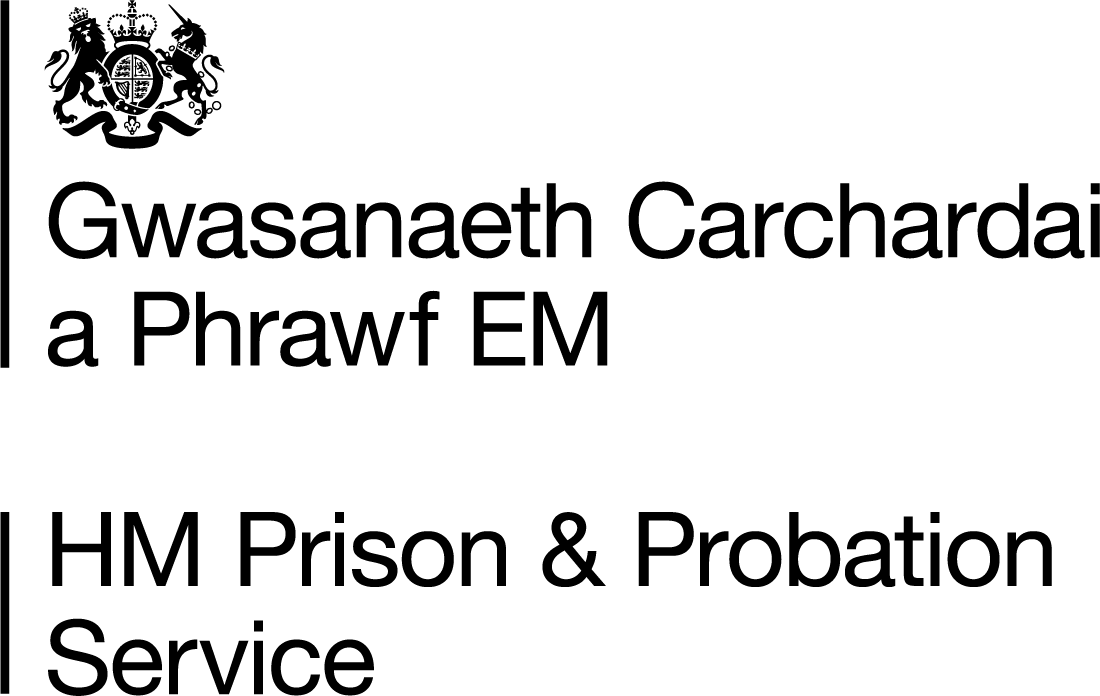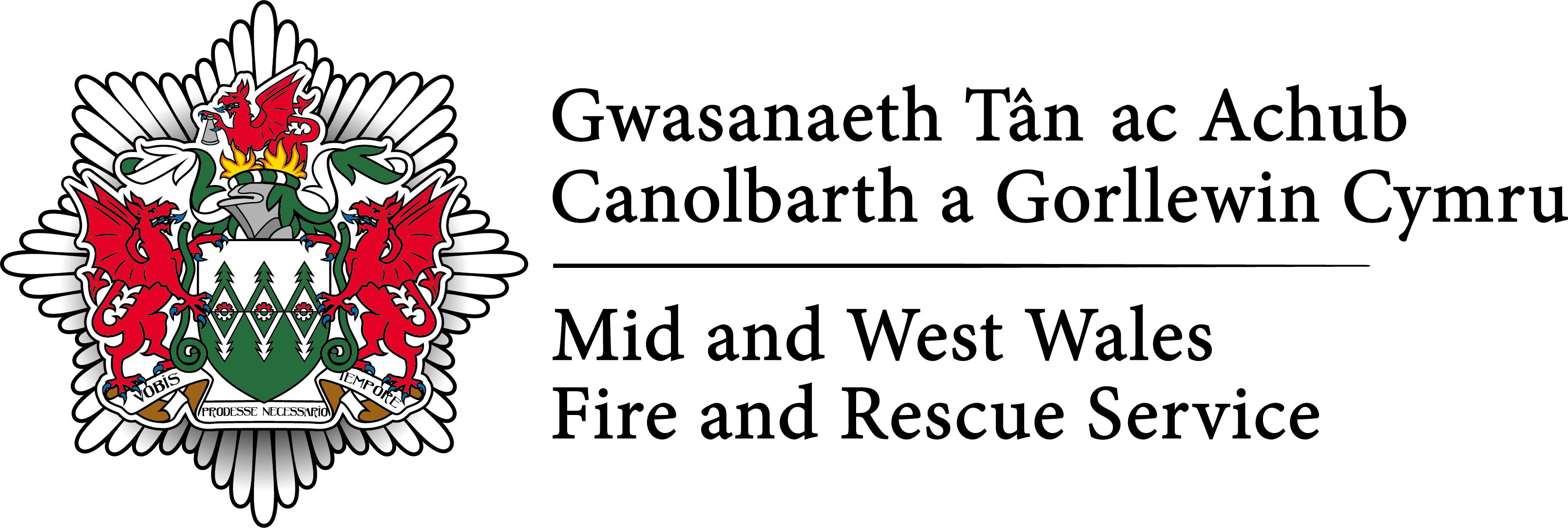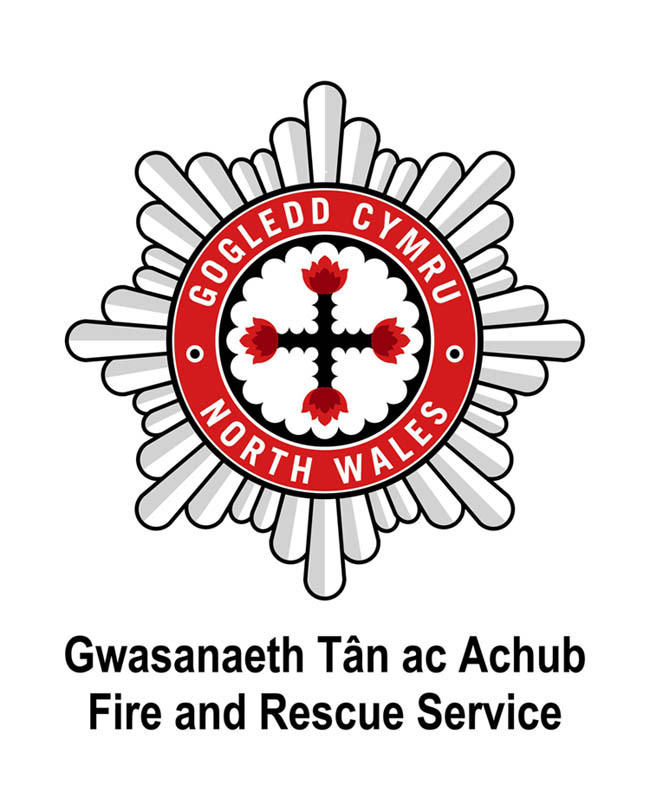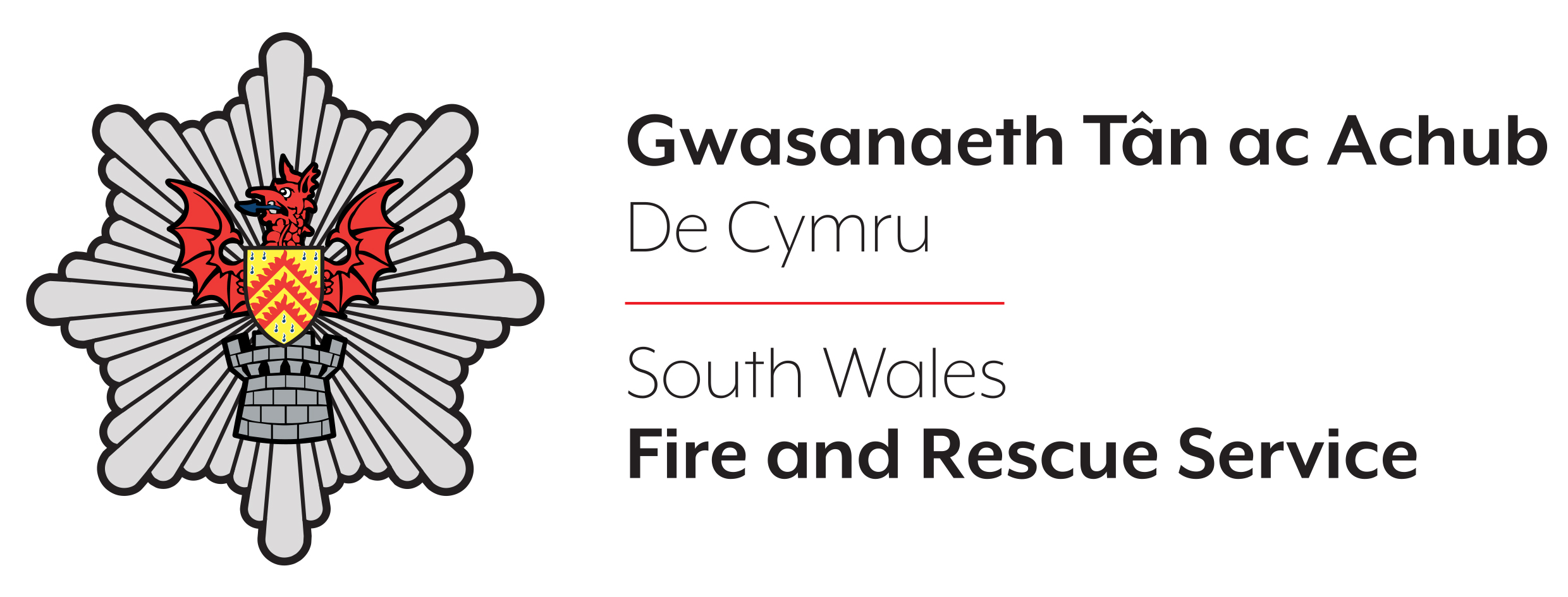- Domestic Violence, Crime and Victims Act 2004 sets out the introduction of the Victim’s Code and the role of Victims’ Commissioner.
- The Youth Justice and Criminal Evidence Act 1999 defines ‘vulnerable’ witnesses as being children and young people under 18 years of age and any person who suffers from a physical or mental incapacity and as a consequence is less able to give evidence; and ‘intimidated’ witnesses as victims of sexual offences and those who are in fear or distress about giving evidence, which may reduce the quality of that evidence (source: The Witness Charter).
Victims and Witnesses: Care and Treatment for Legal Guidance from the Crown Prosecution Service.










